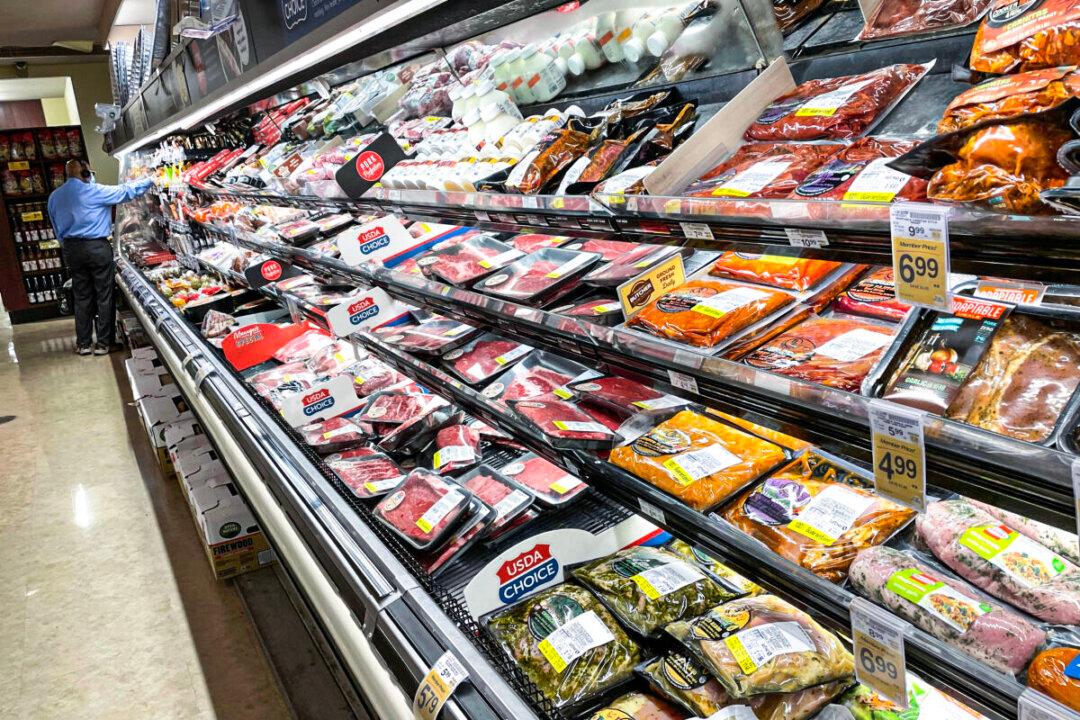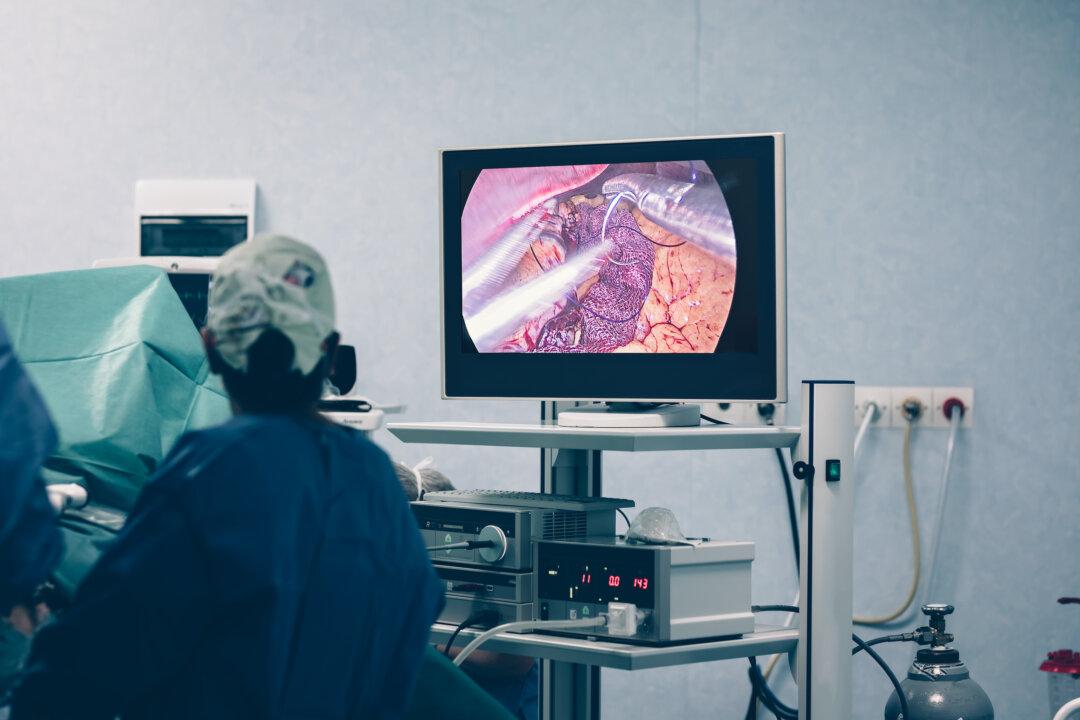Inflation, largely driven by Democrats’ “reckless” spending, is hurting poor and middle-class Americans more than the rich, Republicans in Congress have said in a new report.
Republicans on the Joint Economic Committee, from both the Senate and the House, issued a report on Monday on how inflation is affecting the pandemic recovery and Americans families.





